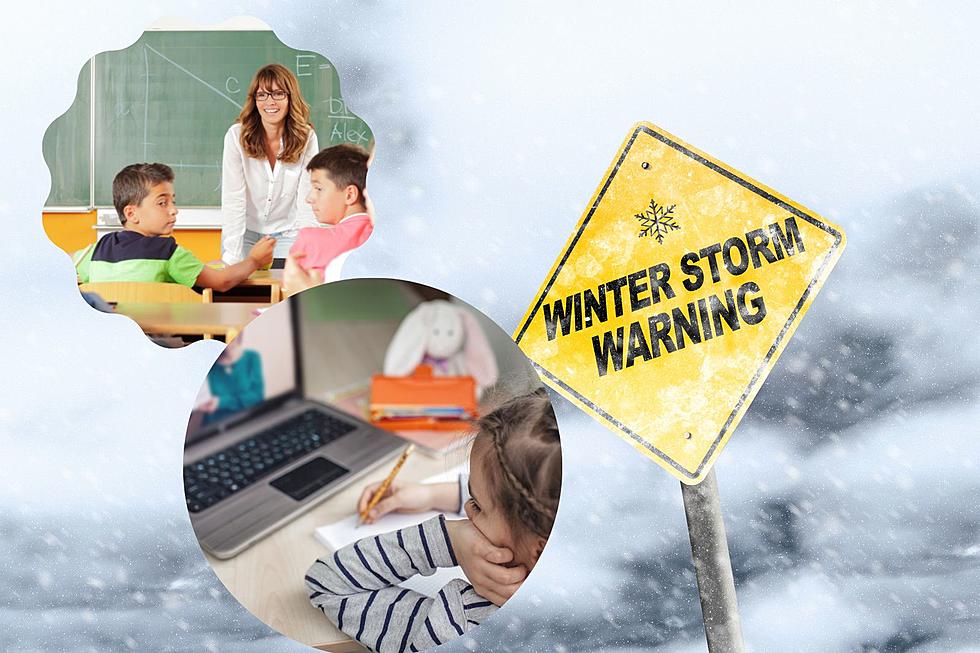
Kids Heading Back to School with Asthma Can Breathe Easy
Millions of kids across the country will be heading back to school soon and over 48,000 in South Dakota will go to class this fall with asthma.
Not fun!
For parents there is some comfort knowing that your children can go to school with a plan for their health.
Jill Heins is the senior regional director of the American Lung Association in South Dakota and she says in a recent news release, “it is imperative that a child’s parents, teachers and coaches are all on the same page when it comes to their asthma. No asthma is the same. Each child has different asthma triggers, unique medication plans and a protocol for their care. Every person involved in a child’s life needs to be aware of the plan.”
The Lung Association offers these tips for parents and teachers to work together to better manage a child’s asthma:
- The Lung Association offers these tips for parents and teachers to work together to better manage a child’s asthma:
Make sure you have an Asthma Action Plan for your child: Meet with your child’s asthma doctor to create a management plan to track your child’s medication and healthcare needs. Medication and environmental triggers are both important to the management of your child’s asthma and are outlined in the Asthma Action Plan. Make sure that all of the child’s teachers and coaches have a copy of the plan. If your family cannot afford your child’s medication, speak with your doctor about other medication options - Meet with the school before the new year starts: At the beginning of the school year, meet with your child’s new teachers, school nurse and coaches to discuss the Asthma Action Plan. This also provides an opportunity for parents to get to know the school nurse
- Manage Asthma Triggers in the Classroom: During your meeting with the school, inquire about asthma triggers in the classroom, including class pets, carpeting, food, exercise, air quality and many others
- Teach your child how to manage their asthma: All children, even younger ones, are encouraged to learn to manage their own asthma, including avoiding their triggers, recognizing their signs and symptoms, and knowing when to take (or ask for) medications. The program, Asthma Basics, can help parents and children learn about asthma together
- Assess your child’s readiness to carry their own asthma medication: In many school districts, policies are in place that allows a student to carry and self-administer their own asthma medication. Contact the school health services staff to find out more about your school's policy and you can use this assessment to see if your child is ready to carry their own medication here.
See Also:
More From KKRC-FM / 97.3 KKRC









